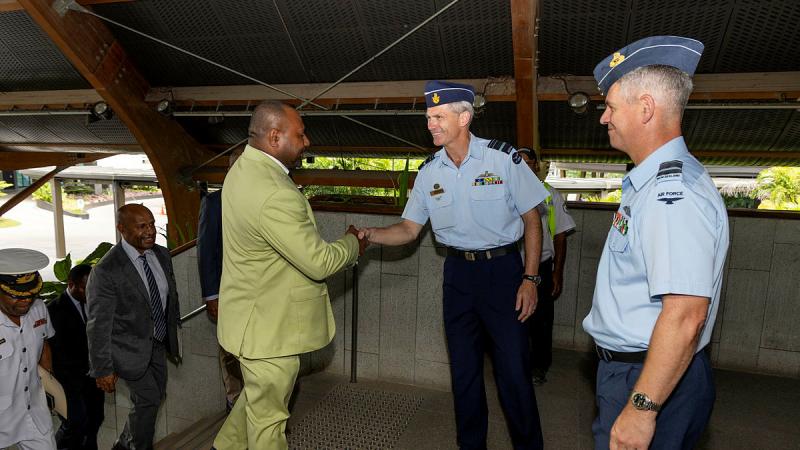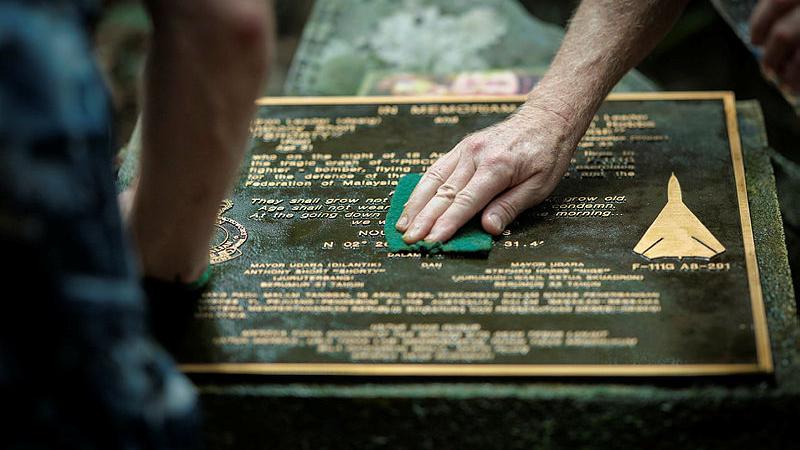Today, the Minister for Health and Aged Care announced over $500 million to reduce the burden of lung cancer in Australia and drive equitable cancer outcomes for Aboriginal and Torres Strait Islander people.
Minister Butler announced $263.8 million for a National Lung Cancer Screening Program which will lead to the early detection of lung cancer in Australians and save lives. The first new national cancer screening program in nearly 20 years will commence screening by July 2025. The program will target high-risk individuals to detect lung cancer in its early stages to increase the likelihood of successful treatment and improve lung cancer outcomes.
The burden of lung cancer in Australia is significant. Lung cancer is the leading cause of cancer death in Australia, with more than 8,600 people dying from the disease last year. The burden is even greater for First Nations people who are twice as likely to be diagnosed with lung cancer compared to non-Indigenous Australians and more than twice as likely to die from it.
The launch of this screening program is a significant step towards achieving equity in cancer outcomes for priority groups, including for First Nations Australians.
This new program has been informed by Cancer Australia’s Lung Cancer Screening Enquiry, and subsequent Lung Cancer Screening Feasibility work delivered in partnership with the Department of Health of Aged Care, as well as the Medical Services Advisory Committee advice published in October 2022.
Co-designed with Aboriginal and Torres Strait Islander people, the program will maximise prevention and early detection of lung cancer and aims to achieve equity in cancer outcomes for vulnerable groups. Cancer Australia looks forward to continuing its partnership with the Department of Health and Aged Care to deliver on this life-saving initiative.
Today Minister Butler also announced nearly $238.5 million to support achieving equity in overall cancer outcomes for First Nations people, the most significant ambition for the future of cancer care.
This investment will build the capacity and capability of the Aboriginal Community-Controlled Health Services (ACCHS) sector to support cancer care needs on the ground, tailored to local need and priorities; and ensure mainstream cancer care services are culturally safe and accessible to Aboriginal and Torres Strait Islander people.
Cancer Australia welcomes this investment to shift the dial for people with the poorest cancer experiences and outcomes.
Cancer Australia would like to thank the many stakeholder organisations and individuals who made contributions to achieving this landmark investment in cancer control. This investment will see a real and lasting difference for Australians affected by cancer.
As stated by Professor Dorothy Keefe, CEO Cancer Australia
“Lung cancer is Australia’s biggest cancer killer, and we know that early detection is key to improving survival rates. The new screening program will help to identify lung cancer at an earlier stage when treatment is more likely to be successful.”
“Australia’s new National Lung Cancer Screening Program is the among the first in the world, representing a significant step forward in the global effort to tackle lung cancer and positioning Australia as a world leader in this area.”
“We know that different communities have different needs and perspectives when it comes to cancer prevention and treatment. By working together with Aboriginal and Torres Strait Islander people, we can ensure that health services are tailored to the needs of different communities and achieve equity in cancer outcomes.”
“We welcome the announcement of nearly $238.5 million to build the capacity and capability of the Aboriginal Community-Controlled Health Services sector to respond to and support cancer care needs on the ground, to ensure mainstream cancer care services are culturally safe and accessible to Aboriginal and Torres Strait Islander people and to deliver coordinated cancer specialist and primary health care to an optimal standard.”







